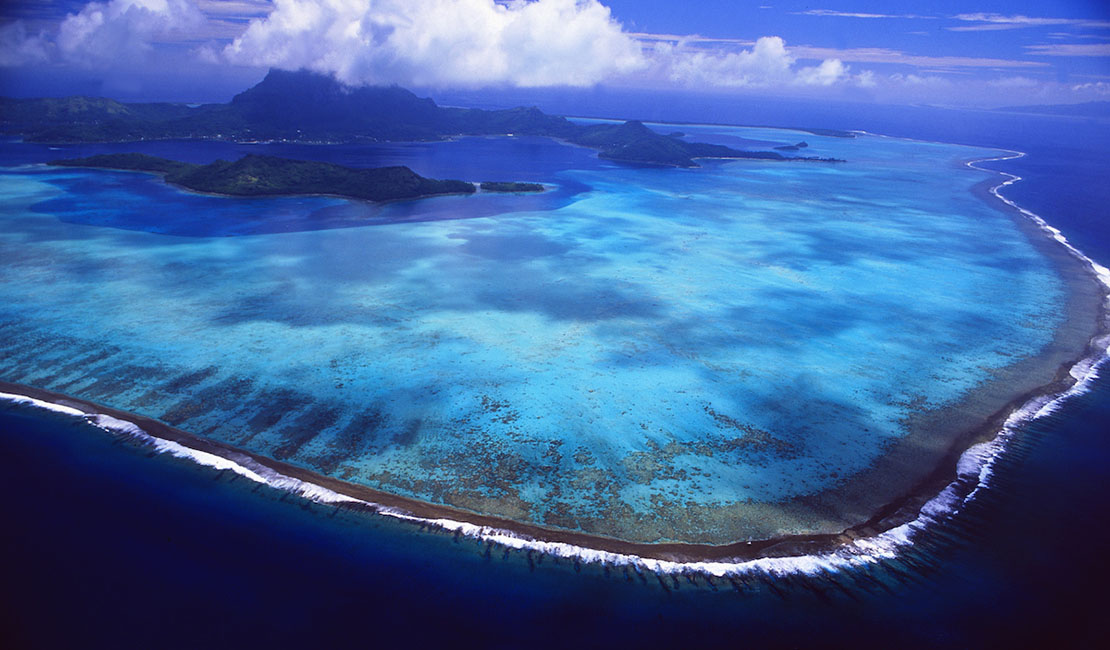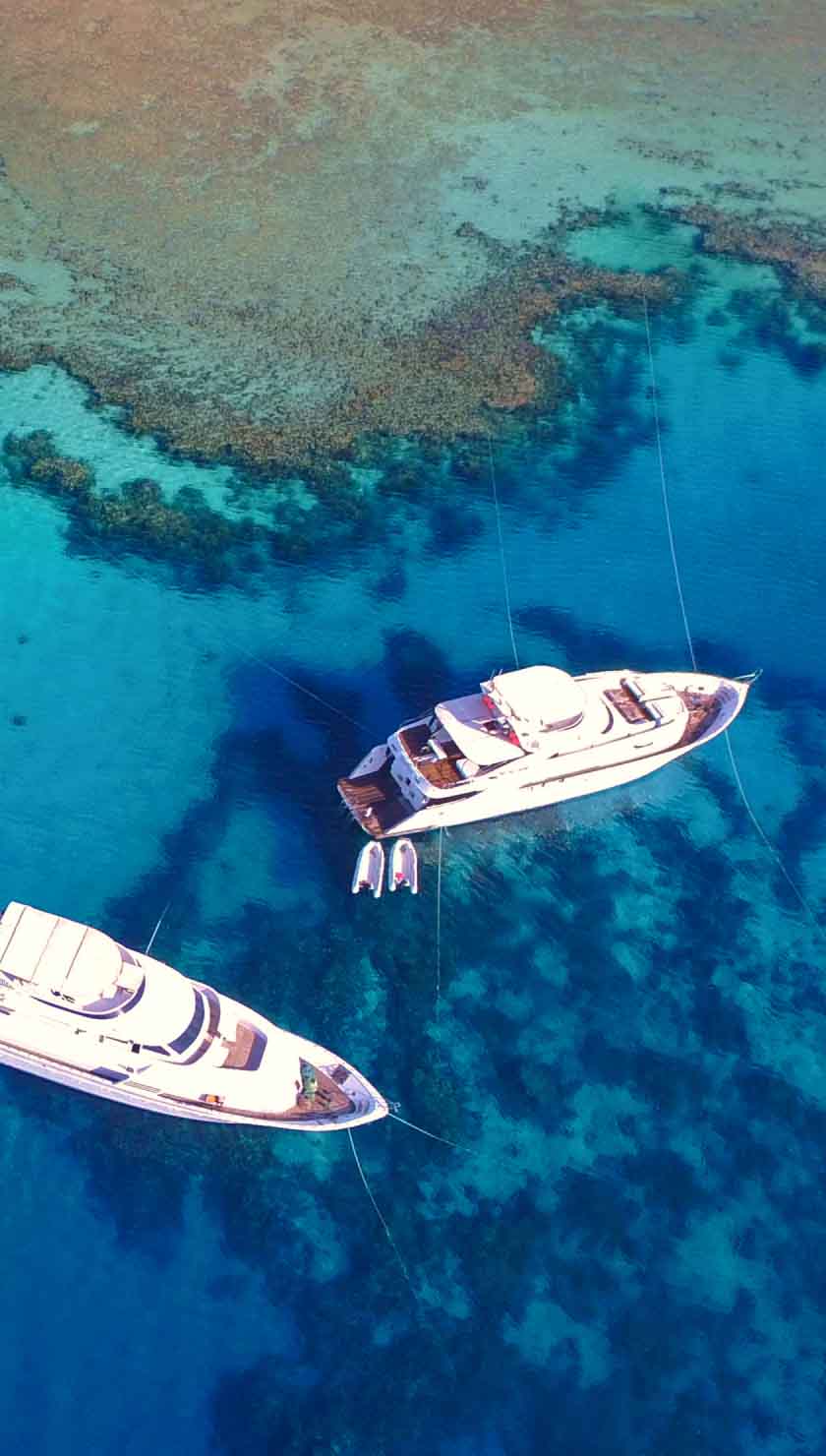Dolphins in Crisis: How You Can Help
Dolphins and porpoises are having a tough time recently, with reports of multiple fatalities around the globe in 2019. Whilst this dolphin crisis is shocking, there is thankfully plenty you can do to help – without even leaving home.
What Is The Dolphin Crisis?
A critically endangered Vaquita porpoise has been found dead off Mexico. Whilst one porpoise might not sound like much, there are thought to be only 10 Vaquita left in the world.
The dead Vaquita was trapped in a gillnet, which are a huge threat to the survival of cetaceans around the world.
Meanwhile, 1100 mutilated dolphins have washed up on France’s Atlantic coast beaches since January 2019. The dolphins had their fins removed, which activists are saying is often done by fishermen to prevent damage to their nets.
This is the highest rate of dolphin mortality in France for years and is being blamed on industrial fishing.
Climate Change Is Part of the Problem
The recent dolphin and porpoise deaths are not just due to fishing methods. Climate change is also part of the problem, causing bottlenose dolphin survival rates to plummet at UNESCO World Heritage Site - Shark Bay, Western Australia.
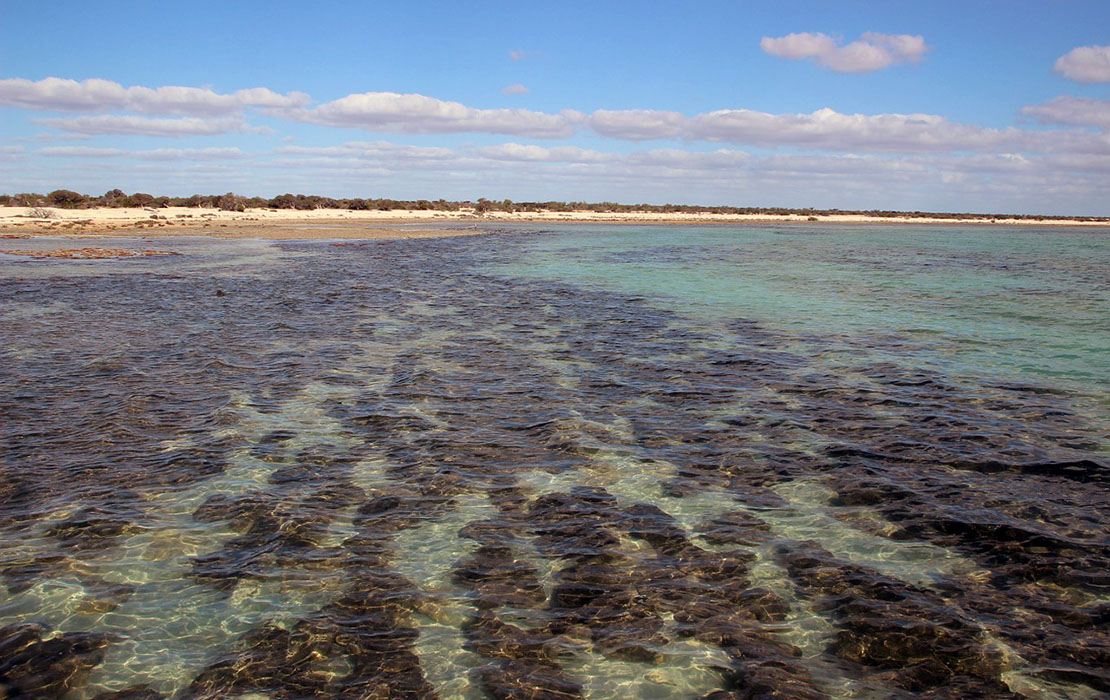
The survival rate of bottlenose dolphins in Shark Bay has fallen 12% following an ocean heat wave in 2011. Whilst the heat wave occurred a while ago, the impacts are still being felt.
Fewer calves have since been birthed and there has yet to be a clear sign that survival and reproduction rates have recovered.
The warm water is killing seagrass beds, which support the entire ecosystem of Shark Bay.
Previous research in Nature journal (August 2018), has shown marine heatwaves are up to 41 times more likely by 2100 under very high global warming scenarios.
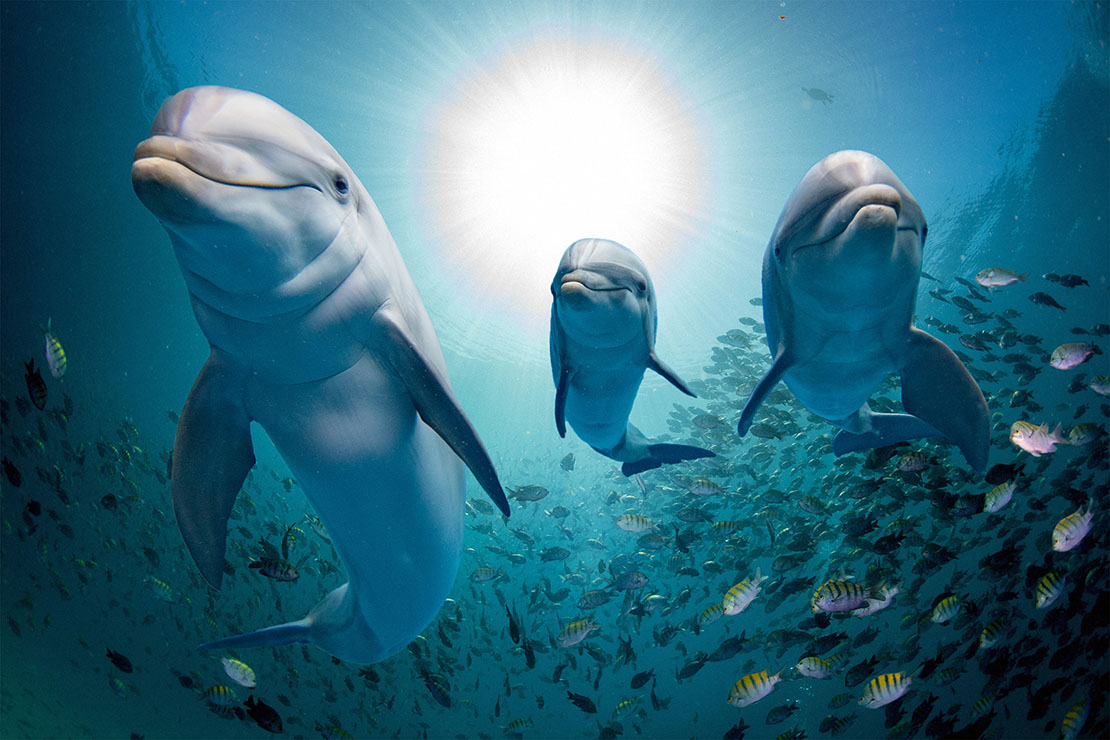
How You Can Help - It’s Easy
Whilst it’s easy to feel despondent in the face of the latest news, there is light at the end of the tunnel.
You can easily contribute to the future survival of dolphins by making a few simple lifestyle changes at home.
It’s all about:
• Making good consumer choices
• Reducing your contribution to climate change
In the fight for clean and healthy oceans, every step taken and every person counts.
• Choose Seafood With Care
If you eat fish or other seafood, ensure you’re not eating seafood that has been caught by methods that also kill dolphins, sharks, turtles and other non-targeted marine life.
Many commercial fishing methods catch marine life that is discarded dead back into the oceans (bycatch) and are a very real threat to marine species survival.
You can make good seafood choices easily using your country’s good fish guides.
They’re easy to find online and give clear guidance about which seafood is okay to eat – based on catch methods and sustainability.
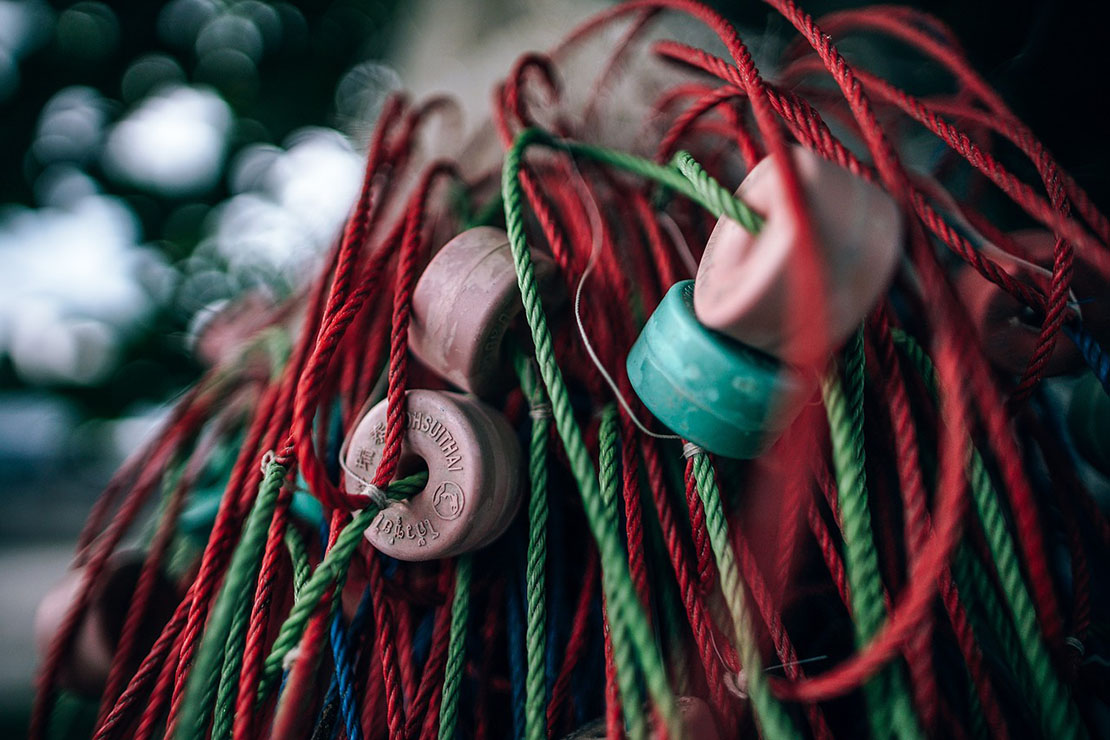
• Ditch The Car Whenever You Can
Make a commitment to walking and biking (or using public transport) whenever you can. Not only will it help your dive fitness, you’ll be reducing emissions that contribute to climate change.
Get active on your commute, it’s a great first step to stop ocean warming.
If you really need to use a car, why not try car-sharing? There are plenty of car-share schemes to sign up to and your daily commute is a great place to give it a try.

• Eat Less Meat
We’re not suggesting you go vegan, unless you want to, but having a meat-free night cuts your carbon footprint and keeps those oceans healthy.
Cattle have the highest greenhouse gas emissions and the meat industry is thought to contribute to global warming considerably.
As an industry it requires vast amounts of water, fertilisers and land – all of which can contribute to dry watercourses, polluted oceans and the loss of forests.

• Get To Know Your Local Market
If you’re looking for an easy way to reduce your carbon footprint and food miles, eat locally and seasonally. Not only is it better for you, the blue planet we all love will thank you for it.

• Offset Your Carbon From Travel
It’s easy to offset the carbon released from your travels and make a difference to climate change, protecting marine life as you go.
Love to travel? Of course you do! It’s time to get carbon offsetting savvy.
The UN Carbon Offset platform is a great resource, with a variety of projects you can support whilst you offset your carbon.

• Switch It Up To LED
Everyone knows they need to turn off lights to reduce electricity use, it’s common sense. Did you know a switch to LED lightbulbs will reduce your electricity use even more?
It doesn’t take huge changes to save the oceans. LED is lighting up the energy-saving path.
Another top tip is to shower before bedtime. There is less fossil fuel electricity generation after 9pm in many places.
Have you switched to LED lights? These energy-saving bulbs can last for over 50,000 hours.
• Say Goodbye Plastic, Hello ‘Reduce, Reuse, Recycle’
Are you ready to take the next steps after waving goodbye to single-use plastic bags? Make sure you avoid plastic items whenever you can, plus reuse and repair household goods and clothes.
A quick search online will reveal a variety of awesome companies creating plastic-free toiletries and household products.
It’s easy to swap your regular plastic-packaging for non-plastic alternatives.
Make sure you’re also repairing and reusing items whenever you can. You’ll cut your use of precious resources by making the most of what you already have and reduce climate change to boot.
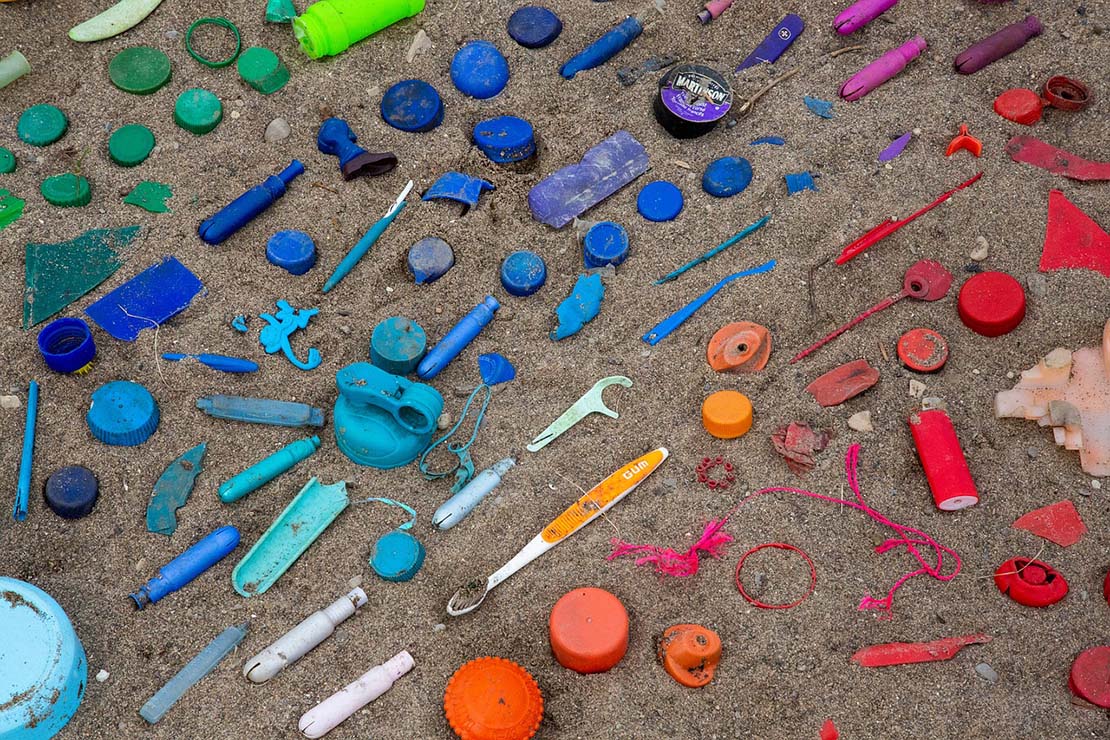
• Check Your Investments
This takes a little more time but don’t be put-off. It’s well worth checking your pension and any other investments are not involved in fossil fuel/high-emission activities.
If they are, do your conscience and the earth a favour by investing in environmentally friendly initiatives.
It’s as easy as that to make a positive change.

Want To Go Diving With Dolphins?
Now you’ve got your plans in place to help save dolphins, why not treat yourself to a trip to swim with them? Just remember to offset your carbon before you go.
Go on spoil yourself! We’ve got your dolphin dives covered…
The Bahamas, Galapagos, Mexico’s Socorro Islands and French Polynesia are great options for dolphin fans.
